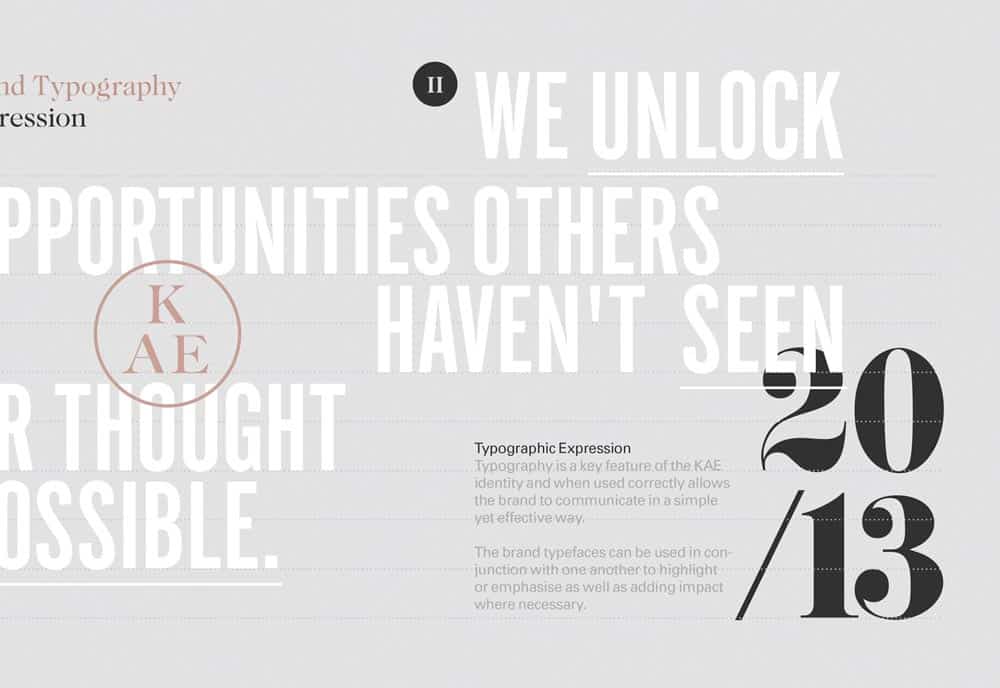
15 Jan How to Brand a Small Business – Startup Branding Tips
How to Brand a Small Business – Startup Branding Tips
Large and small businesses live in different worlds when it comes to many aspects, ranging from budget and staff sizes to general day-to-day tasks.
However, one area that both small and large businesses find similarly integral is branding.
Many small-business owners recognise branding as a crucial element of future success – and they’re right.
Branding a small business successfully is a process reliant on multiple actions and strategies. However, the most important is to recognise the role of branding: to define your business to your team, your external audience and yourself.
Your company’s brand is its identity, playing a significant role in lead conversion and public perception.
Particularly in the age of the internet, where manipulative branding practices can be seen through, a strategically defined brand can stand out from the competition.
With improved brand differentiation and sales, as a result, time spent branding your business is well worth it. To get started, consider the tips below:
Define Your Brand

Coming up with a succinctly successful brand typically doesn’t happen overnight.
As a result, for brainstorming, it’s recommended to dig into any products or services your business provides.
- What’s its place in the market?
- What are the rational and emotional needs of its customers?
- How does it connect with your client base and differentiate from competitors?
These are all vital questions to ask in the early stages of formulating your small business Branding.
Bring Your Brand to Life
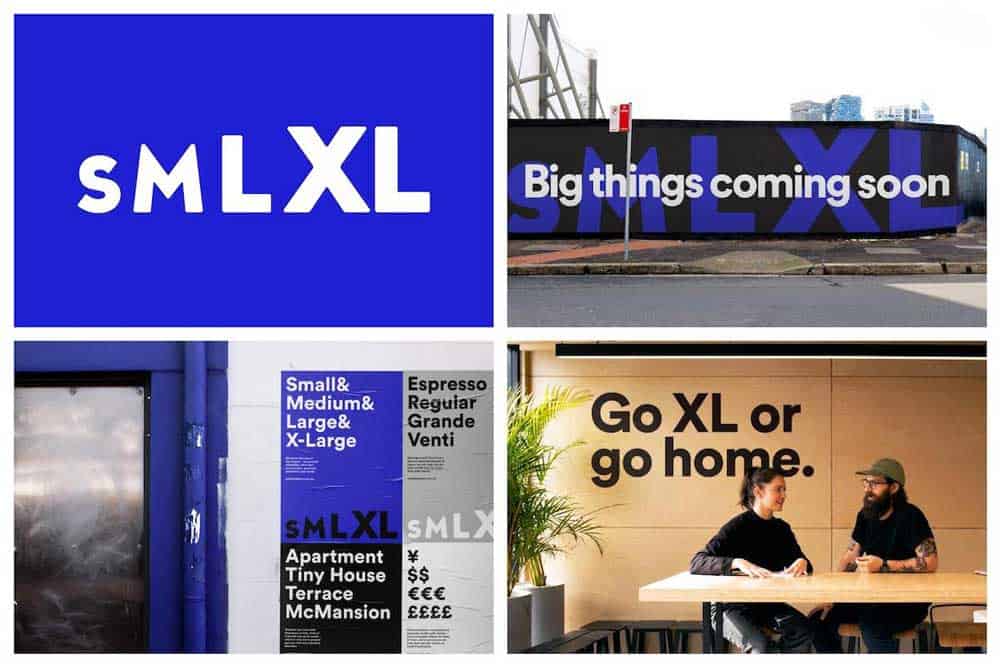
People connect with companies that come more across like them, actual people, as opposed to the robotic stereotype of large, lifeless corporations.
Being a small business already puts you at an advantage in this regard, so seize that with branding in showing why your business prevails over competitors and more prominent brands alike.
Do this without mimicking big brands when you brand a small business.
Customers tend to look fondly upon smaller businesses competing with the bigger guys, so as long as you take pride in your individuality and small-knit closeness, it should prove beneficial.
Ideas include demonstrating why your personal customer service is superior and more valued compared to larger businesses, or showcasing how a small but very close-knit and dedicated team is beneficial to your product or service specifically.
This can be accomplished easily with social media, such as a “Meet the Team” video or case study regarding the competition.
Prioritise Honest Branding
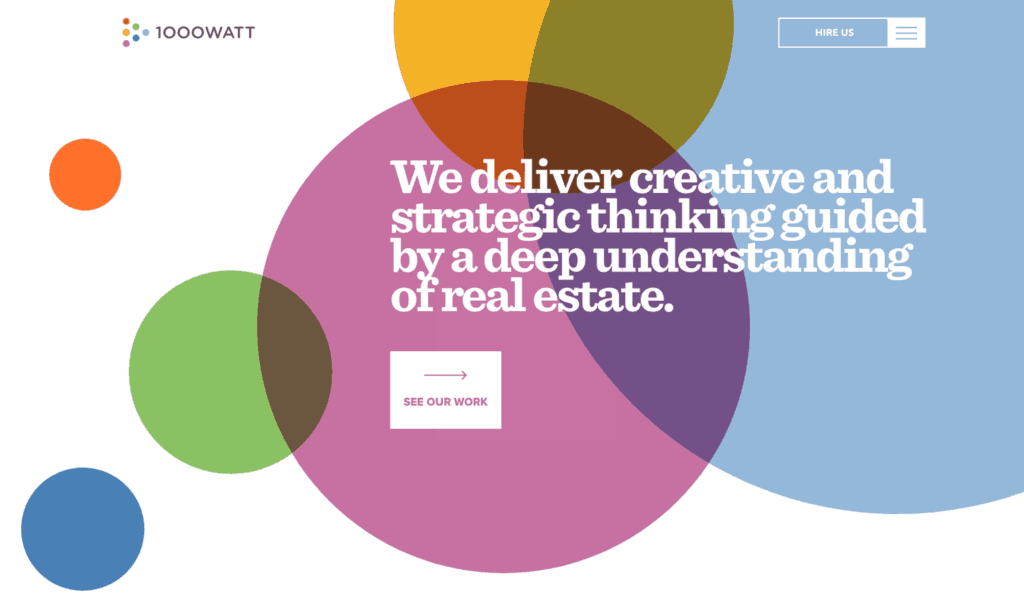
Exaggerating services or accomplishments may result in an uptick in immediate clients, but their long-term status will be highly questionable.
If these customers feel slighted or manipulated, they are very likely to tell friends and family about the negative experience, devaluing your branding for small business setups.
As a result, it’s crucial always to be honest with your branding.
Don’t assert something that isn’t true or that you can’t deliver on.
At the very least, if results aren’t met, offer a money-back guarantee.
Otherwise, honesty is crucial to upholding an excellent reputation, even if it doesn’t result immediately in more clientele.
Use a Consistent Tone of Voice
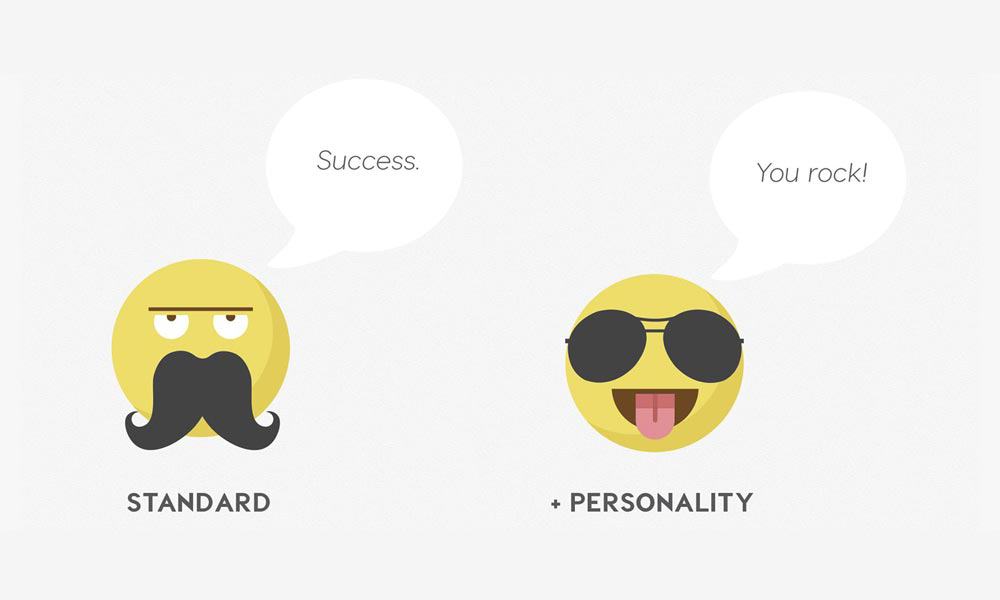
Your business’s tone of voice is up to you.
Some find it apter to assume a casual tone, while others value a very professional tone.
Perhaps a skateboard shop may go for the former, while a burgeoning PR company would consider the latter.
Either way, both can be appropriate depending on the clientele and brand.
What’s universal, however, is that the tone needs to be consistent when you brand a small business.
Showing a consistent tone reinforces character aspects that customers cherish, namely genuineness, consistency and transparency, all of which they’d hope to achieve with the product or service they’re purchasing from you as well.
Your tone with customers helps define your product’s aim.
Avoid Over-Repetition
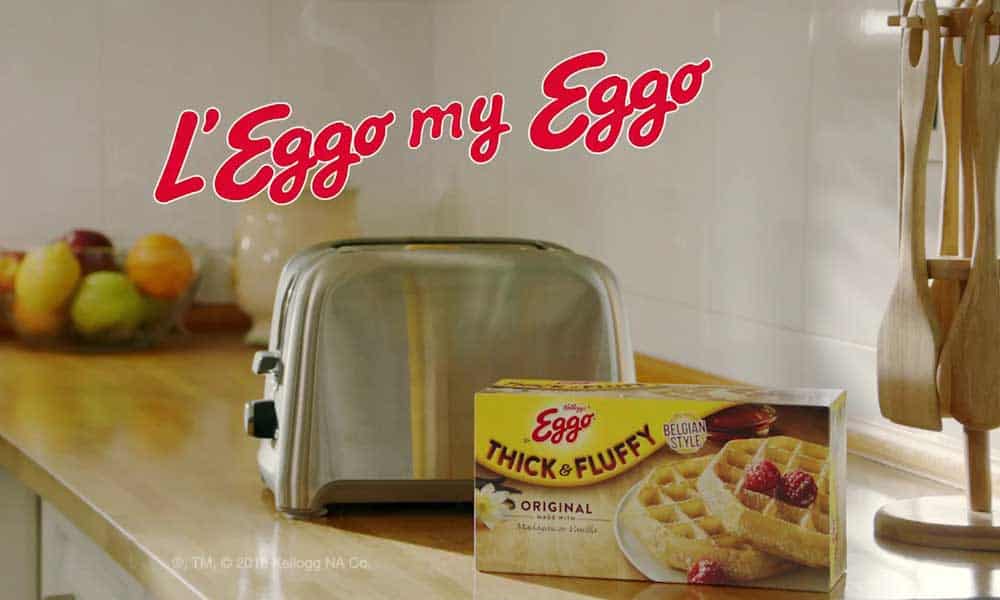
It’s easy to be overly repetitive when you’re confident in your business’s brand.
Even if the established brand is fantastic, it’s essential to avoid repetition.
Eggo’s “Leggo my Eggo” campaign, for instance, was fun and achieved its job with catchiness, but making that phrase the entirety of their brand or marketing campaign would be overkill.
The same applies to any significant form of branding, as once a specific brand has reached its intended audience, it’s time to move on and either find something better or independently improve upon that aspect.
Find a Balance Between Confidence and Modesty
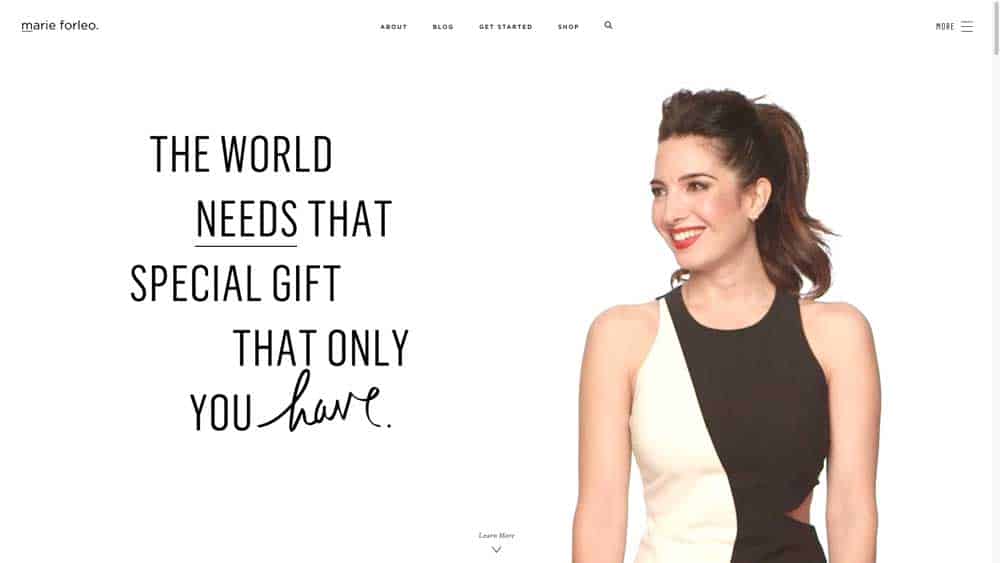
A business should show full confidence in its product, as it will suggest to customers that the manufacturers are confident it will fulfil their expectations.
However, many small businesses fall plight to a lack of confidence when seeing more prominent companies competing, thinking they will fail to catch up even with great branding.
What’s important to remember is that especially in North America specifically, the public has an affinity for small businesses that do their job well.
In fact, there is 28 million small business in the U.S., and they account for 54 per cent of all U.S. sales.
That speaks volumes in showing that there’s little bias among Americans when it comes to choosing between a small and big business – they are simply likely to go with whoever has the best product.
As a result, show confidence in your business, regardless of more major competition breathing down your neck.
Consider the International Effects
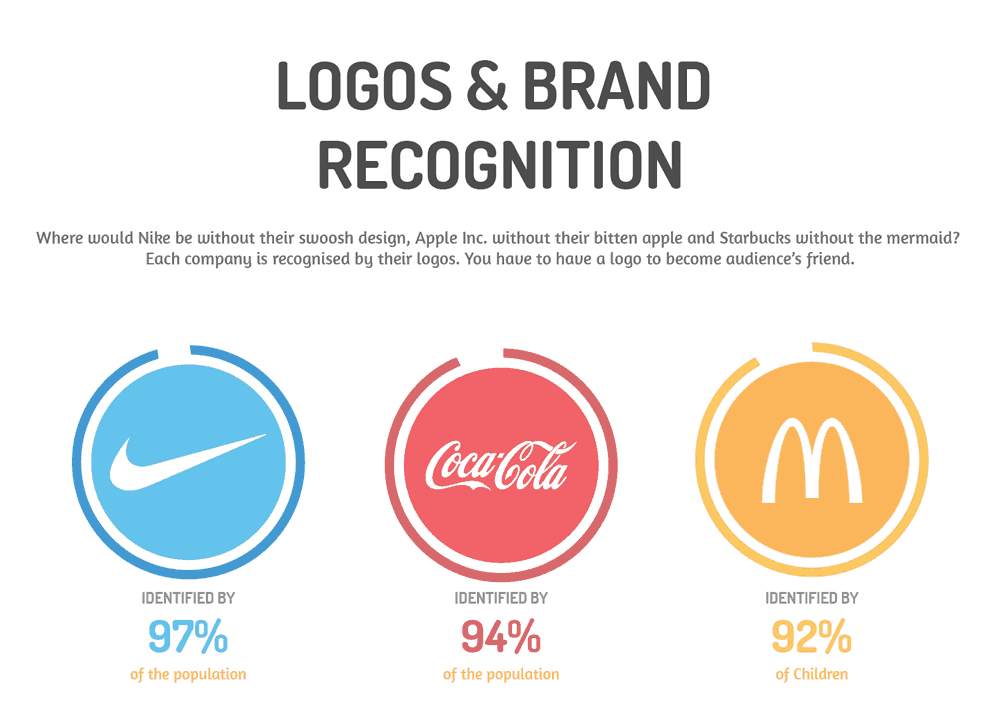
Aiming for a global audience may seem premature for many small businesses, though it’s something to keep in mind throughout the branding process.
Even if a small business is not yet prepared to move its inventory beyond their home borders at the moment, expansion is always a possibility, so having the potential to appeal internationally is worthwhile.
Aiming for a universally agreeable message, often centred on product quality and staff character, is an excellent way to do this.
Additionally, with the United States having the second-lowest share of self-employment in the world among first-world countries, there’s less general competition in the small business niche among different players, unlike countries where the self-employed pose a frequent market threat to small and large businesses alike.
As a result, branding efforts can assume knowledge of the international business structure, in that in other countries, self-employment and branding for small business practices, in general, are seen as more the norm.
Use Some Intrigue

Yes, your brand should be clear and cohesive, though it should also have those interested in asking a question or two.
Doing this lets them engage with the business directly, allowing the tips above to shine through in demonstrating a company that’s honest, transparent and entirely dedicated to its product/service.
With most niches being too complicated to explain succinctly in detail, treading a fine line between clarity and intrigue can do well in hooking in leads.
When you Brand a small business, it requires analysing a variety of your business’s aspects, from how it meets the needs of customers to prospects.
The tips above are a great way to jump-start your small business Branding and put it on the path of success, with positives for both the present and future.
If you need help with your small business branding design, you could always work with us – a creative Branding Agency and Graphic Design studio based in Belfast!
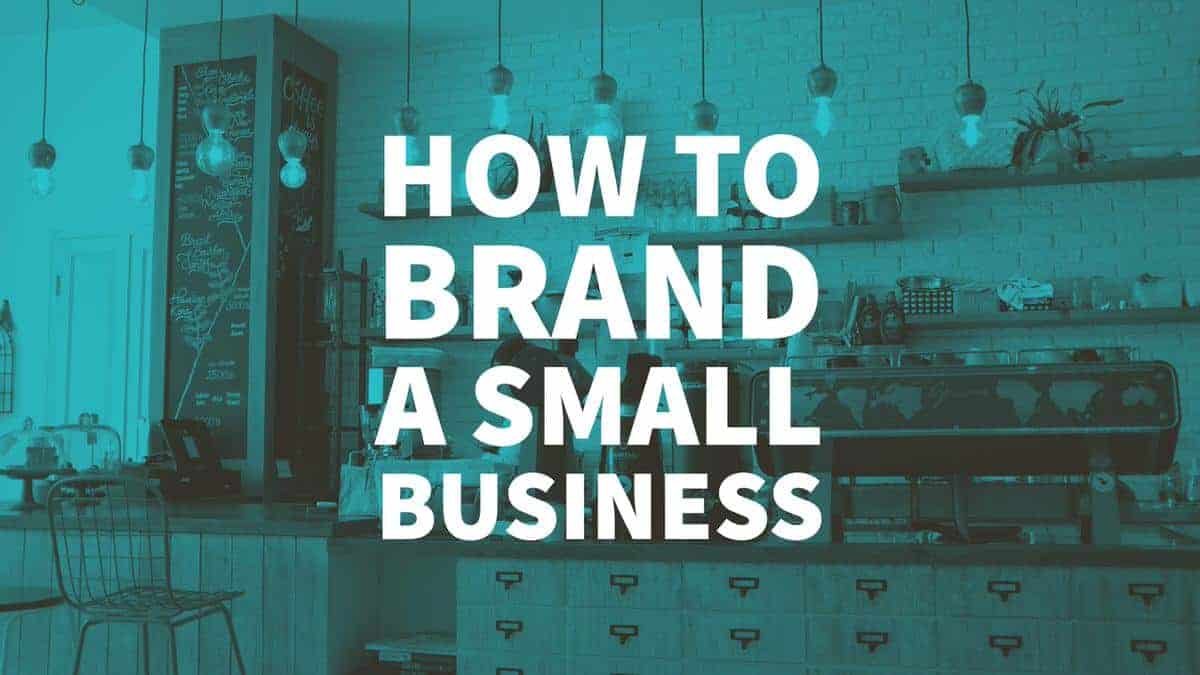
The post How to Brand a Small Business – Startup Branding Tips is by Stuart and appeared first on Inkbot Design.


